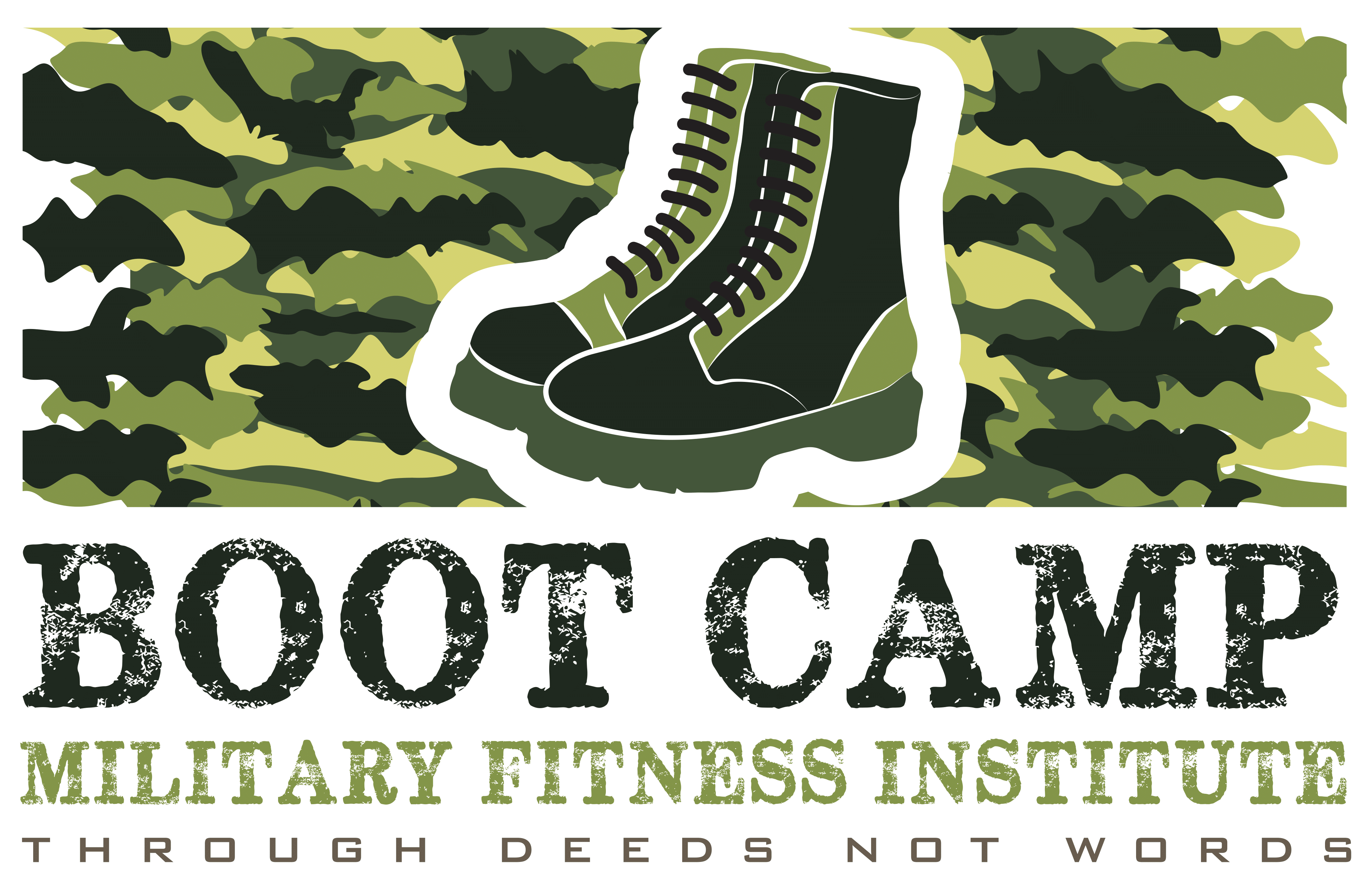Good Morning,
For the longest time I have wanted to fly fighters or rotary for the Air Force. In the case that I am DQ'd for any reason (the flight surgeon who did my FAA Medical said that I would be DQ'd for my eyes), I am looking at other options. Obviously I have four more years to decide and I will receive a great amount of exposure at the academy but it's always good to get the ball rolling early. I am interested in Special Warfare whether I become a pilot or not.
1. Would things that disqualify me for pilot training (medically) also disqualify me for SpecWar? Specifically pertaining to eyes.
2. I am VERY interested in combat rescue. I have watched a few documentaries regarding the pipeline for PJ's (I assume that the CRO pipeline deviates very little) and I understand that training is long, strenuous, and taxing on the human body. However, the work is well worth the reward in my mind. My father is a surgeon and Eagle Scout (USAFA '97) and I am an Eagle Scout and member of the local Coast Guard Auxiliary Flotilla. Serving and helping others is in my blood. I began training for BCT on Feb 1. Training includes long distance runs (4-5 miles), pushups, pullups, situps, tricep dips, flutter kicks, etc. I believe that this demonstrates my dedication to serve. What are the best ways to prepare for the CRO and other SpecWar pipelines after graduation in the case that I am DQ'd from the pilot training pipeline and unable to obtain a waiver?
3. I am open to all advice and criticism. The scout motto is "be prepared" and my goal is to be as prepared as possible for BCT, the Academy, and life after. I want your insight and advice.
Thank you for your time!
V/R
Hatchet
For the longest time I have wanted to fly fighters or rotary for the Air Force. In the case that I am DQ'd for any reason (the flight surgeon who did my FAA Medical said that I would be DQ'd for my eyes), I am looking at other options. Obviously I have four more years to decide and I will receive a great amount of exposure at the academy but it's always good to get the ball rolling early. I am interested in Special Warfare whether I become a pilot or not.
1. Would things that disqualify me for pilot training (medically) also disqualify me for SpecWar? Specifically pertaining to eyes.
2. I am VERY interested in combat rescue. I have watched a few documentaries regarding the pipeline for PJ's (I assume that the CRO pipeline deviates very little) and I understand that training is long, strenuous, and taxing on the human body. However, the work is well worth the reward in my mind. My father is a surgeon and Eagle Scout (USAFA '97) and I am an Eagle Scout and member of the local Coast Guard Auxiliary Flotilla. Serving and helping others is in my blood. I began training for BCT on Feb 1. Training includes long distance runs (4-5 miles), pushups, pullups, situps, tricep dips, flutter kicks, etc. I believe that this demonstrates my dedication to serve. What are the best ways to prepare for the CRO and other SpecWar pipelines after graduation in the case that I am DQ'd from the pilot training pipeline and unable to obtain a waiver?
3. I am open to all advice and criticism. The scout motto is "be prepared" and my goal is to be as prepared as possible for BCT, the Academy, and life after. I want your insight and advice.
Thank you for your time!
V/R
Hatchet


